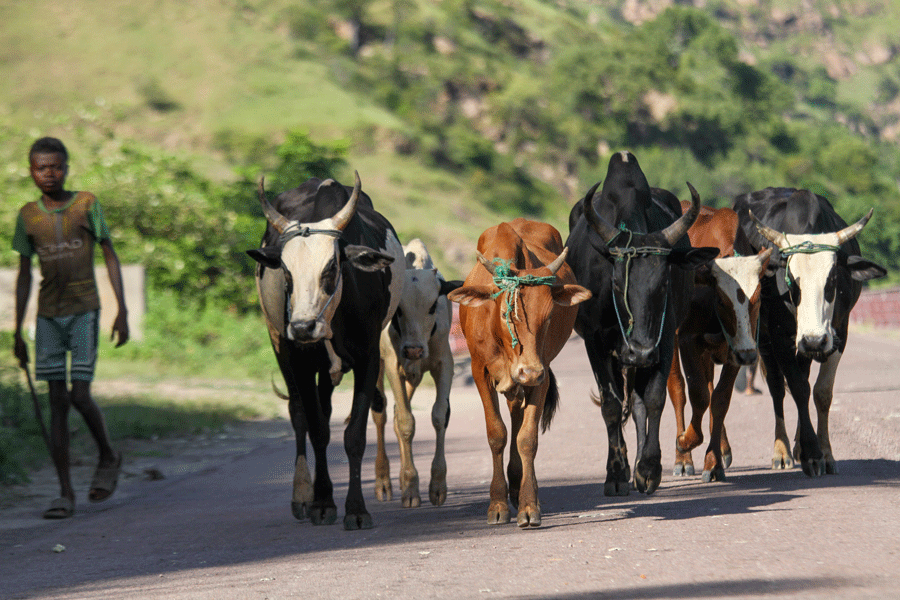In the vast panorama of Madagascar’s cultural and natural diversity, rural life occupies a central place. Far from the city lights and urban bustle, Malagasy villages are living witnesses to millennia-old traditions, simple ways of life, and a close relationship with nature. In these villages, life unfolds without the slightest stress of work, where men and women actively participate for the common good, where the spirit of fihavanana still reigns.
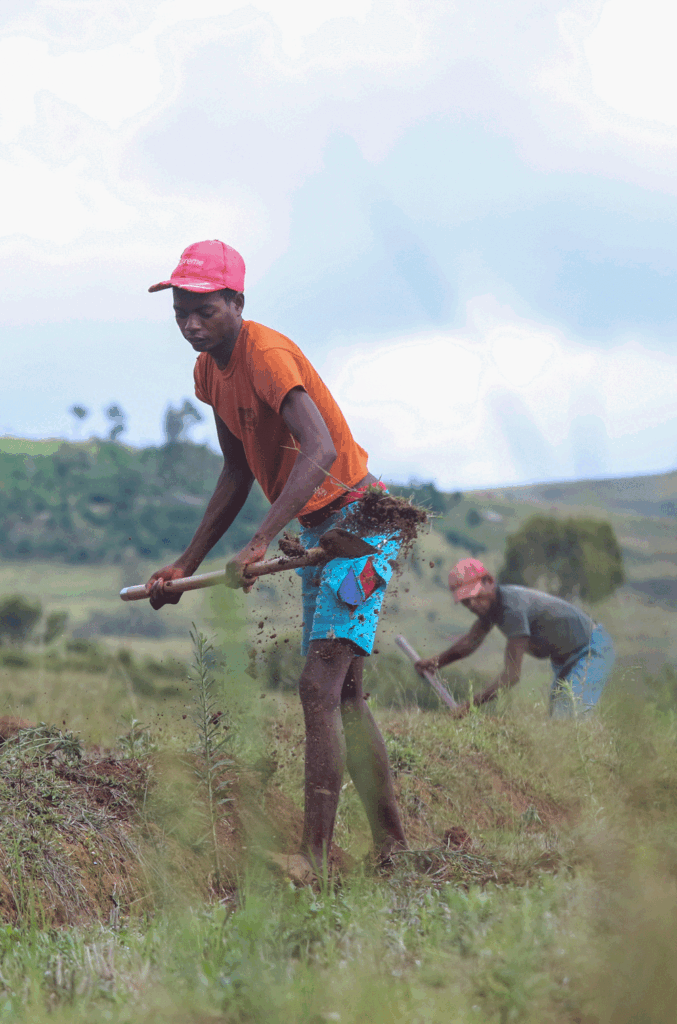
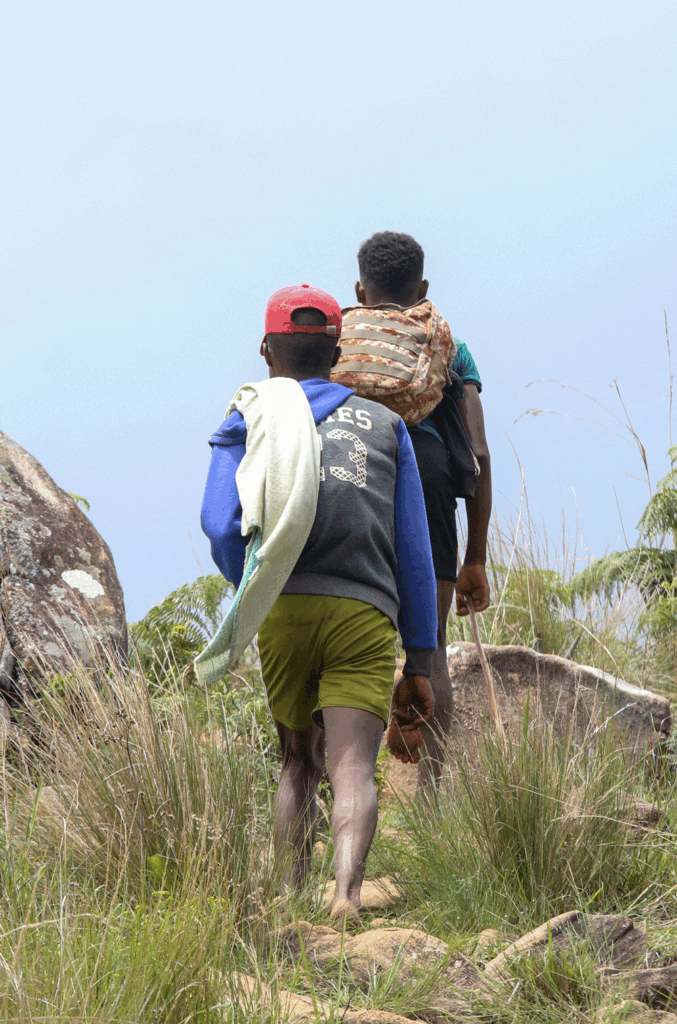

Life in harmony with nature
In the Malagasy countryside, time seems to flow at the slow pace of the seasons. Residents live in harmony with nature, relying on agricultural cycles for their livelihoods. Rice farming, the primary agricultural activity, brings together men, women, and children in the fields to help each other during the rice planting season. This ritual marks the daily life of many villages, where each step, from tilling the fields to harvesting, is meticulously followed according to the calendar established by village leaders.
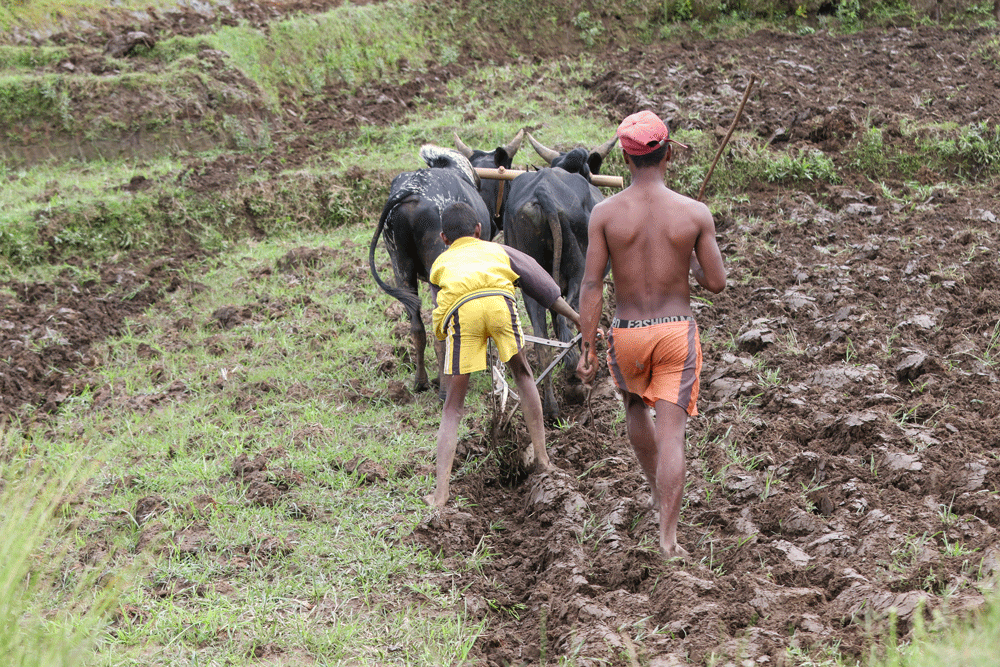
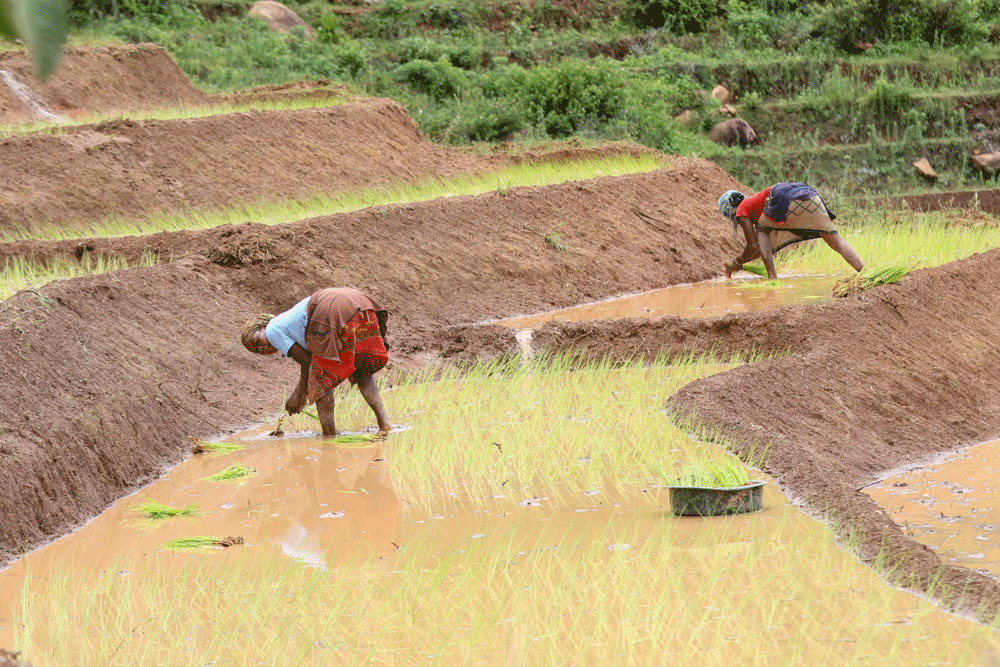
The importance of community
Rural life in Madagascar is deeply rooted in community fabric. Villagers forge close bonds, sharing not only material resources but also knowledge and traditions passed down through generations. Fady, local prohibitions or taboos, often govern social interactions and define conduct rules within rural society. Each rural community in Madagascar is composed of a village chief and a traditional healer considered as someone who always brings blessings to the village. However, where there is good, there is often evil, represented by the mpamosavy, those who spend their time practicing sorcery. Close-knit families often live under the same roof, contributing to maintaining excellent community harmony.
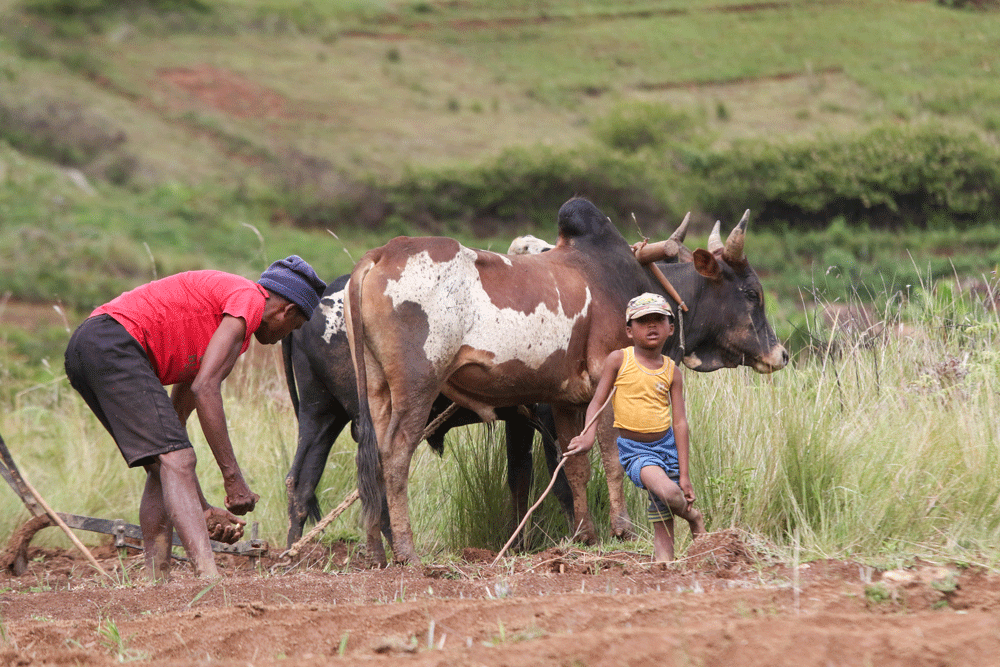
The challenges of modernity
Despite their attachment to traditions, rural life in Madagascar is also confronted with the challenges of modernity. Limited access to basic services such as education and healthcare, as well as a lack of adequate infrastructure, remain persistent issues in many rural areas. Furthermore, the increasing pressure on natural resources, stemming from deforestation and population growth, threatens the delicate balance between humans and their environment. Faced with these challenges, the Malagasy government must find sustainable solutions to preserve rural livelihoods and promote equitable development. Without adequate measures, many community households are now falling victim to neglect due to their lag in development.
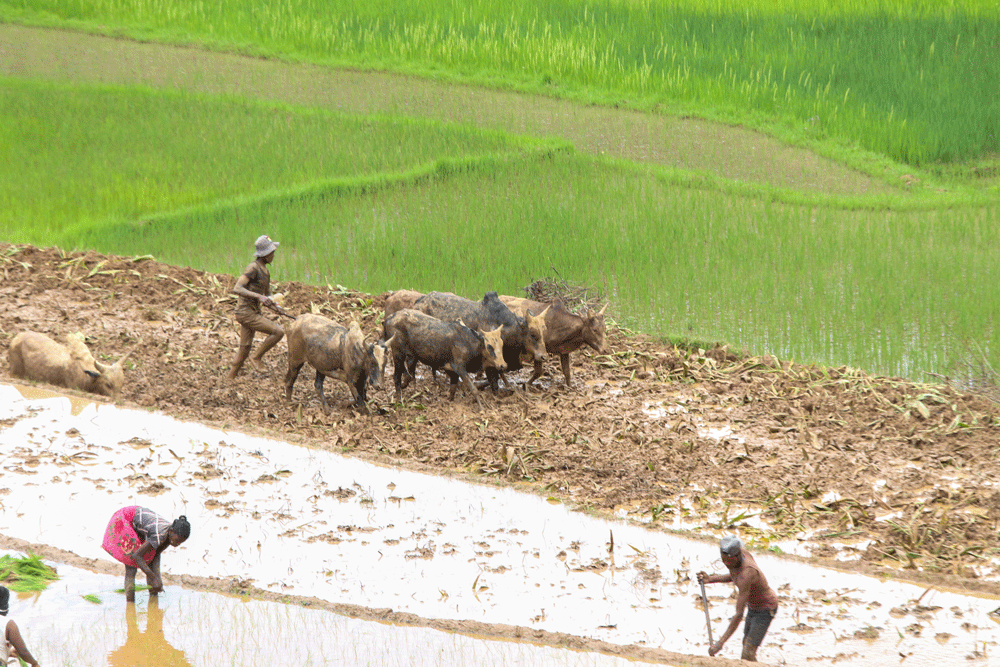
The quest for a sustainable future
In response to these challenges, numerous initiatives are emerging to promote sustainable rural development in Madagascar. Projects aimed at strengthening the agricultural capacities of local communities, promoting education, and preserving the environment are being implemented by governmental and non-governmental organizations alike. Furthermore, the emergence of agricultural cooperatives and ecotourism initiatives offers new economic prospects for rural populations.

